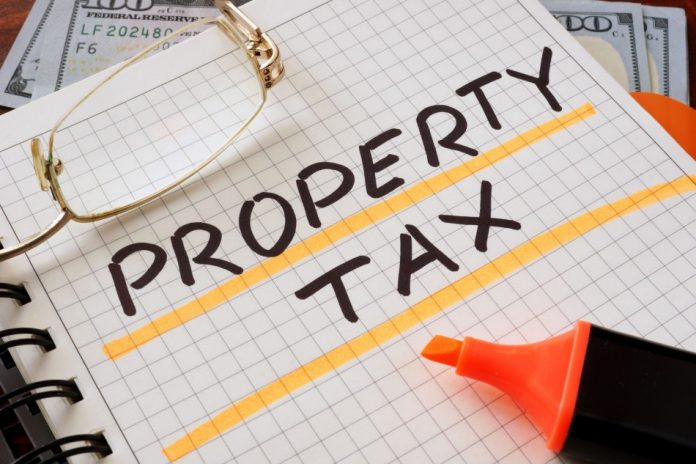Islamabad Developer Association (IDA) has voiced serious concerns over the Federal Board of Revenue’s (FBR) recent decision to increase property valuation rates across 56 cities, effective from November 1, 2024.
Sardar Yasir Ilyas Khan, President of IDA and former head of the Islamabad Chamber of Commerce and Industry emphasized that this adjustment could have severe consequences on Pakistan’s real estate sector and lead to further capital flight.
He highlighted that the real estate industry underpins nearly 60 allied sectors, and any shock to this industry will likely ripple across these connected businesses.
While the policy is aimed at meeting the International Monetary Fund’s (IMF) requirements and reducing the fiscal deficit—currently at 6% of GDP or approximately Rs 7 trillion—he stressed the importance of involving the business community in such critical decisions.
As a potential alternative, Khan proposed that rather than imposing additional taxes on existing taxpayers, the government should focus on broadening and diversifying the tax base.
He warned that unilateral policy shifts could erode business confidence and destabilize an already precarious economy.
“Engaging stakeholders in decision-making is essential to prevent adverse impacts on the business climate,” he stated, cautioning that hasty policies could have far-reaching negative consequences.
Recent changes, including the introduction of Federal Excise Duty (FED) and an increase in capital gains tax to 15%, have already impacted wealth circulation, exacerbating challenges for real estate investors.
Pakistan’s real estate tax policies, Khan argued, have contributed to capital flight, with investors increasingly favoring international markets in the UAE, Singapore, Hong Kong, and Malaysia, which offer lower tax rates and higher returns.
In Dubai alone, Pakistani investors have invested around USD 11 billion, making them the second-largest group of foreign investors in the UAE’s real estate market.
This trend underscores the allure of foreign markets due to more favorable tax structures and economic stability, further weakening Pakistan’s real estate sector.




